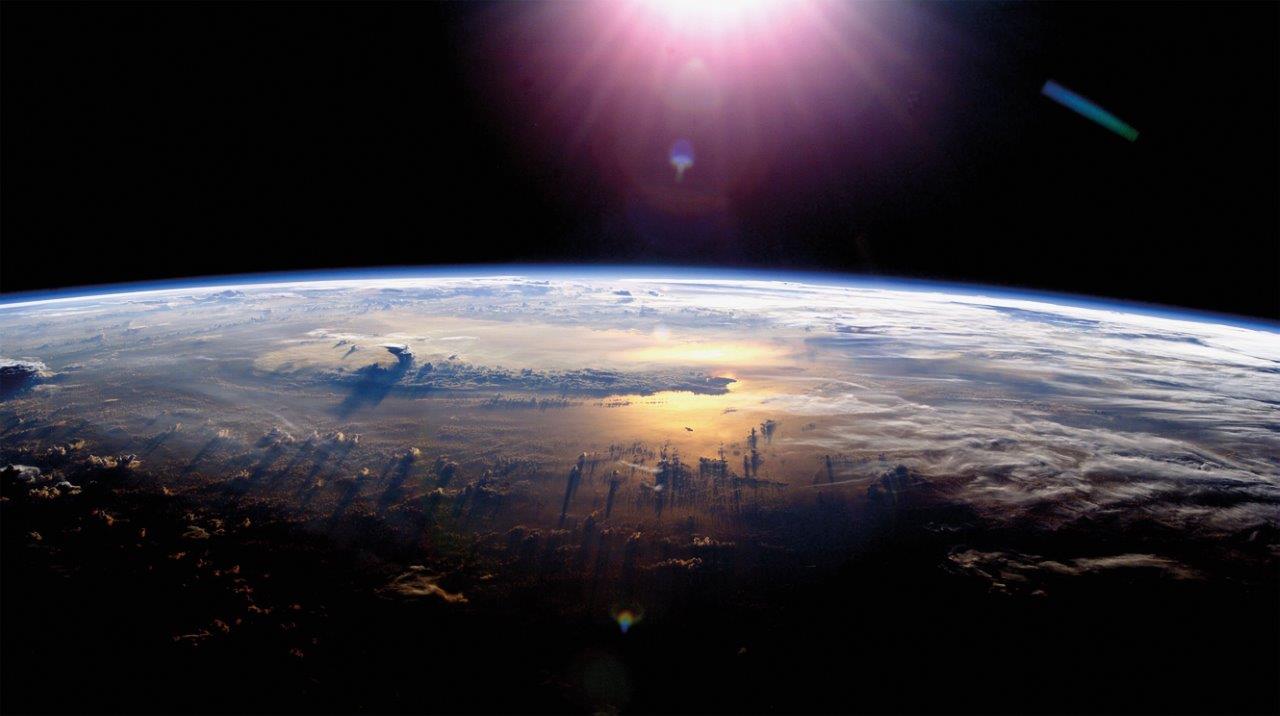For a long time in human history, value was attributed mainly to good morals, life, and methods of trade such as exchanging goods or currency. As humanity’s horizons expand with new unexplored territories, the focus of value is slowly shifting.
Operating a computer is no longer a specialist profession, therefore the value of this work is forced into ever more niche and complicated areas such as computer building and artificial intelligence.
With progress continuing as it is, people will be able to construct their own personal AIs without an impressive degree or specialist training. The value of this amazing technology will gradually decrease and shift onto something else. While humanity pushes its boundaries further into space, its notions of value start to evolve.
One: Human Life
The tangled web of laws and rights that govern the treatment of human
life across the planet could change as space travel becomes more
common. It is normal to value what is rare but overpopulation has
inflated the number of human lives. It’s hard to treasure a single
blade of grass in an overgrown field.
In time, space travel will allow for the species to continue growing on new celestial bodies. In the past, religions constructed rules to increase population, yet in recent decades, laws were made to curb it. This shows that even on earth the increase in population has changed people’s perspective on the value of life. While individuals would continue to value their own lives and the lives of their loved ones, the bloated population will struggle to value its respective parts. Morals will change greatly to suit the expansive population.
Two: Information Technology
Operating with new definitions of
nationality in space is just one of the many
ways space travel could change society. Even now, the value of
currency is changing with the rise of currencies like Bitcoin. Before
humanity fully exports itself to space, those first few travelers
will deal with another kind of currency, most likely data. They will
have to earn it through work or exchanging information.
Companies that specialize in e discovery will become a vital part of
maintaining the integrity of data storage and recovery, perhaps
operating like banks. Since survival in space is unnatural to the
species, information on how to perform vital procedures will become
hugely important, much like food being the currency of the earliest
civilisations.
Three: Physical Space
Homes in larger countries tend to be bigger than those in smaller
countries, regardless of overall wealth. Once space travel becomes
commonplace, the idea of big and small will alter in the collective
mind. When once the planet seemed impossibly huge, in the space
travel age it will feel small in comparison. This could change how
people value their surroundings as the boundaries are widened to
include other planets and stars. Instead of having an emotional
attachment to your home country, you will be proud to hail from
Earth.
There are countless possible ways space travel might change human values. Only time will tell what those could be.











